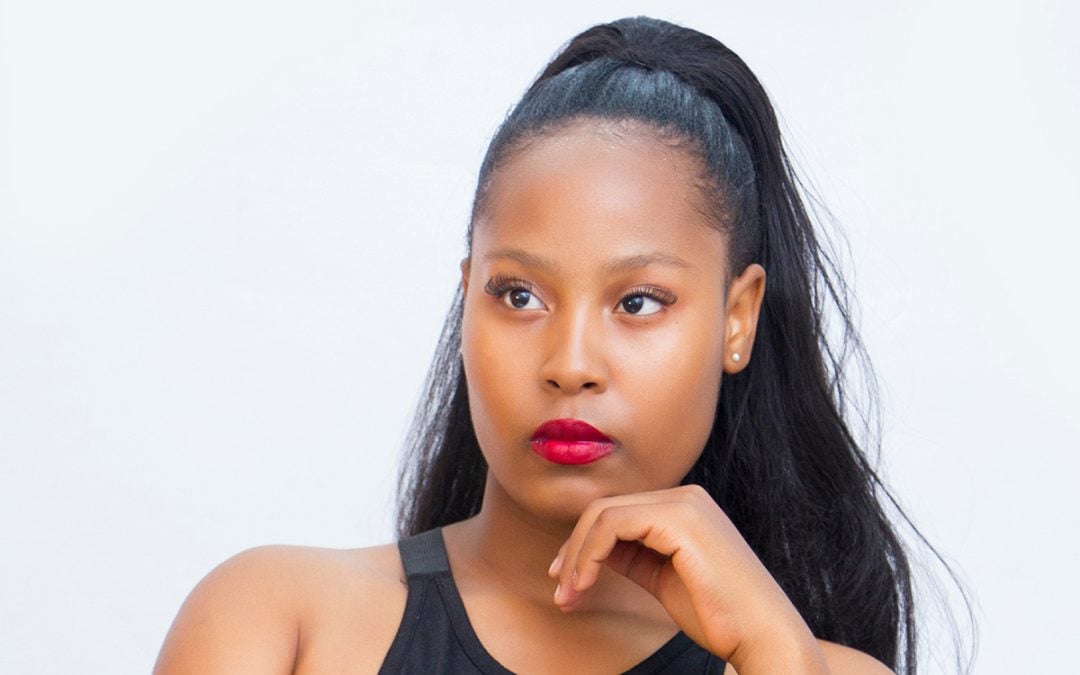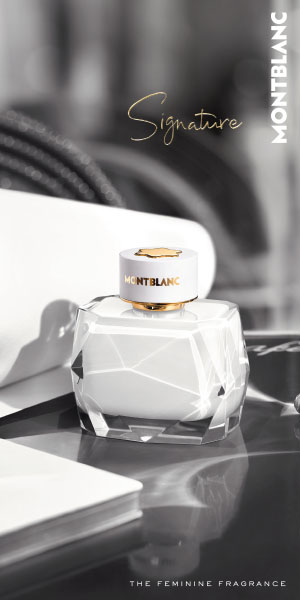Gender-based violence and femicide (GBVF) is a hyperendemic scourge that pervades every part of South African culture. One woman who has committed herself to fighting the injustices experienced by women in this country, is Sis’ Mantoa Selepe.
Selepe is a long-time activist against GBVF and the founder and director of AbafaziPhambili, a non-profit organisation that works to empower women who are dominated within a patriarchal system. She is particularly focused on “the emancipation of the most abandoned, neglected and underprivileged women of our society”.
AbafaziPhambili’s aim is to educate and equip women, predominately at grassroots level, with the necessary skills that will enable them to leave toxic and violent environments. By educating women about their lawful rights and employment opportunities, the organisation encourages them to find success and financial independence.
Selepe says that she was influenced by fellow activist Mariama Bâ, the late Senegalese author and feminist. In her novels, Bâ eloquently articulated “women’s ability to transcend the negative consequences of the irresponsible use of power in a traditional, patriarchal society”.
Patriarchy is a system of oppression that South Africa is still grappling with, a system Selepe believes is perpetuated by cultural and religious beliefs. Religion and culture should be a source of strength, hope and courage, but instead these beliefs breed misogyny, sexism, androcentrism (the belief that men are superior), hegemonic masculinity (the dominance of male-centred values) and, consequently, the continued pervasion of patriarchy.
According to Selepe, government’s attempts to address gender inequality have failed woefully due to corruption and maladministration. Its “eloquently written” laws and policy frameworks have left women at grassroots level at the bottom of the “socioeconomic heap”.
She says attempts by the South African government to address the injustices and violence suffered by women have all proved ineffective due to lack of expertise at ground level, and by being out of touch with the vulnerable women who need it most.
Selepe is working to create equal, inclusive and diverse opportunities within society by enabling a conducive environment for women to master their financial freedom. Her vision is to achieve gender equality across all communities and the safe and healthy well-being of all human beings, where the country’s resources are shared equally to the benefit of all.
She believes that South Africa’s social, economic and political systems, as well as our cultural and religious beliefs, have blinded women to their subordination, submissiveness and domesticity. It is time, she says, for women to “stand up and move forward in order to achieve societal equality”.
Selepe dreams of a society where a child is born and raised with no gender roles.
“Just throw every toy in their cot without telling them their biological gender until they find it themselves,” she says. “In that way, they will perceive one another as equal human beings.” If this were to be achieved, she says, “then gender inequality has been conquered and AbafaziPhambili will close”.



























